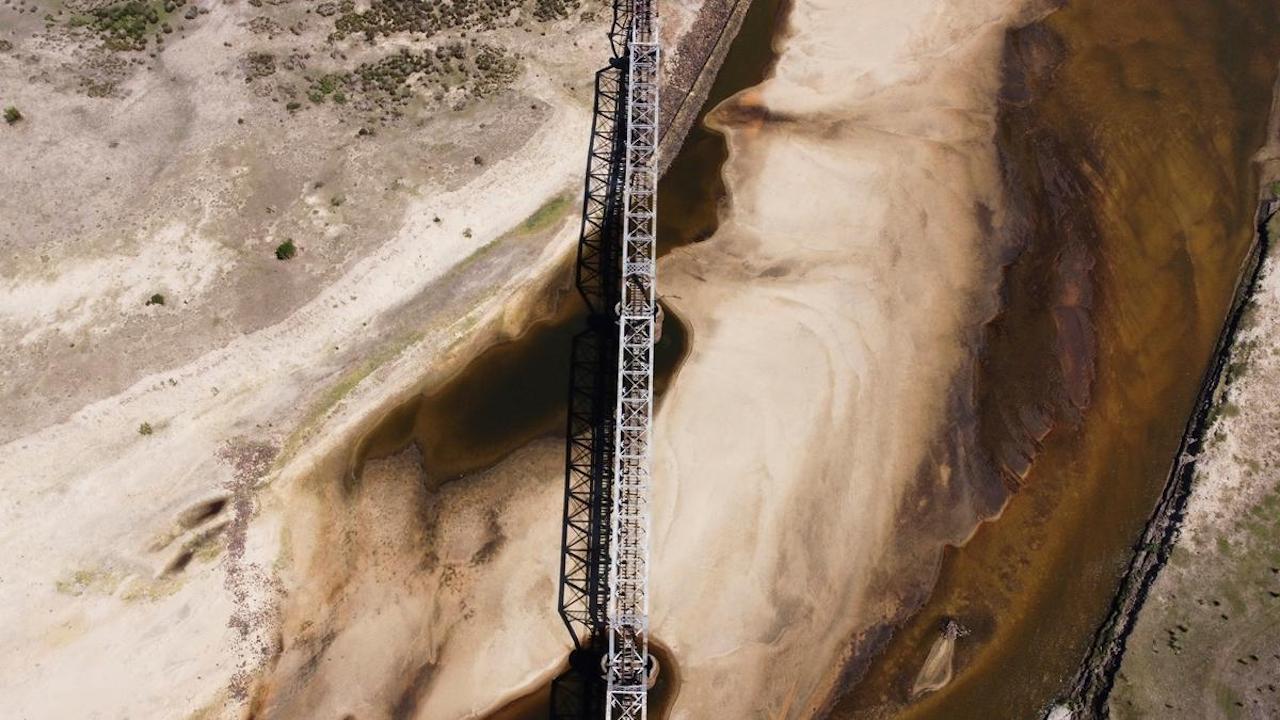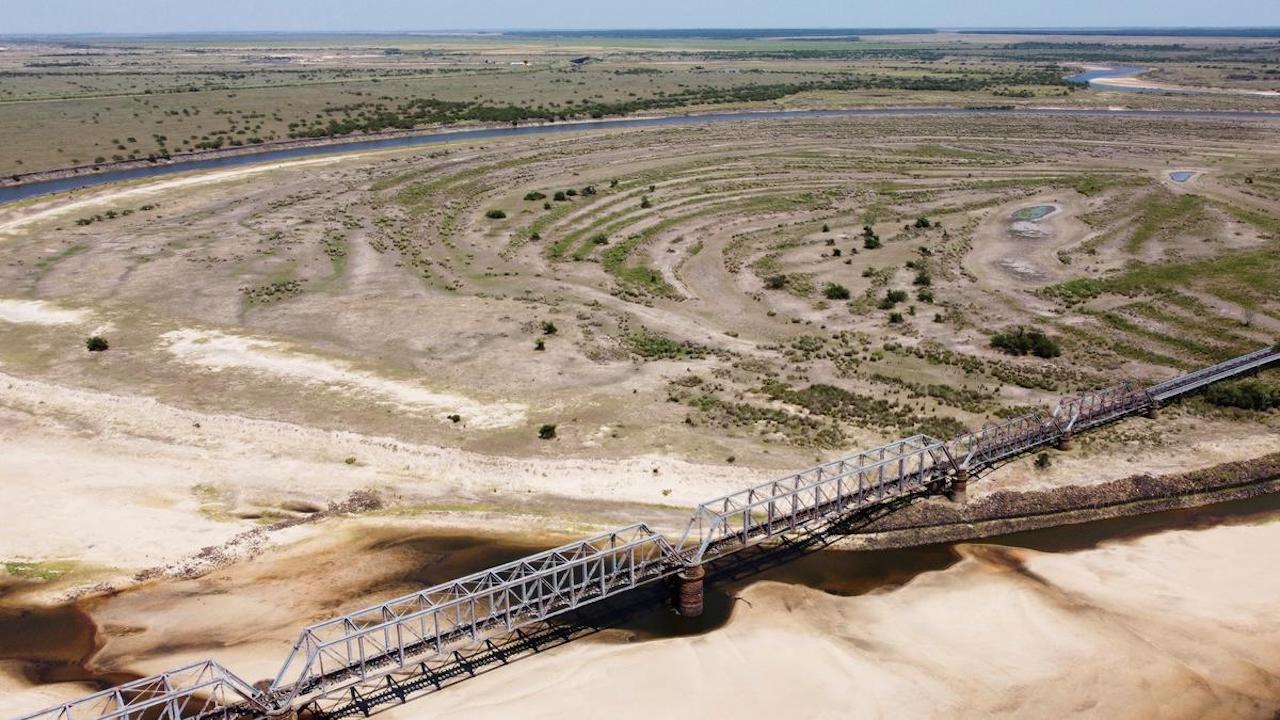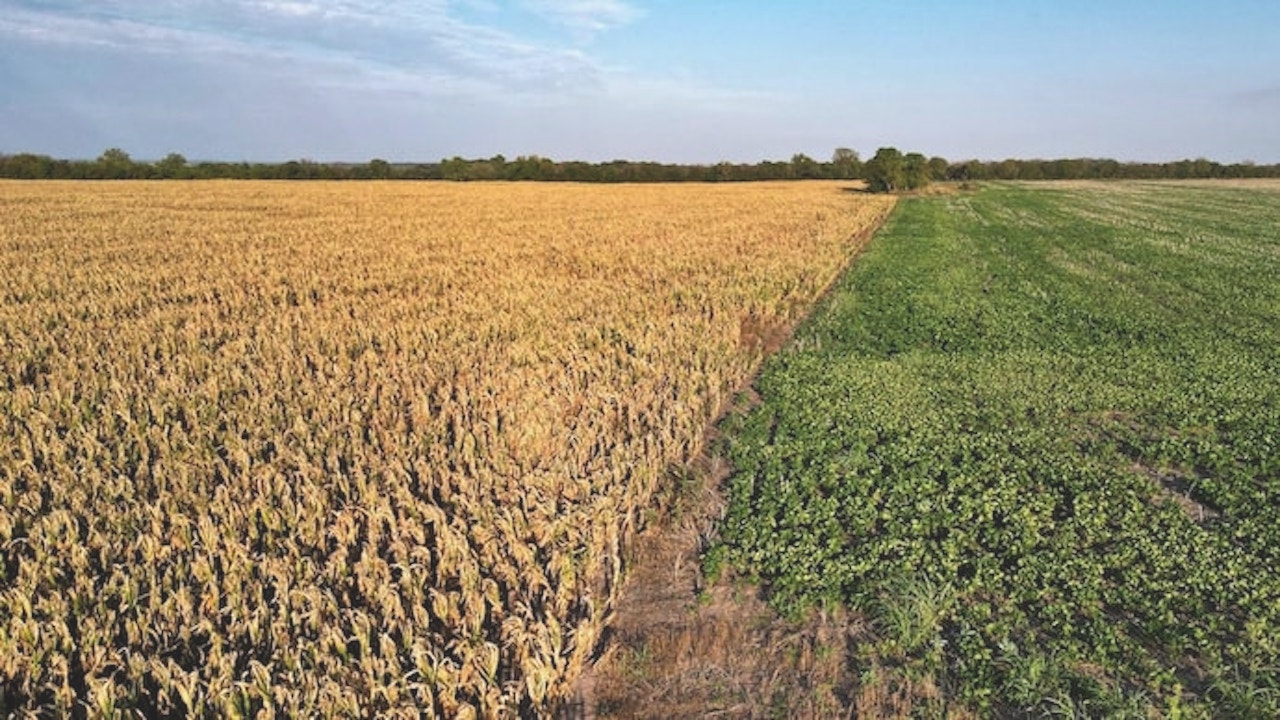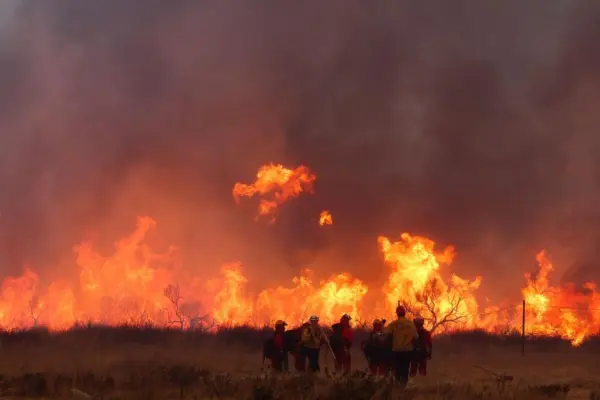Climate Change-Linked Heat Worsened Argentina’s Drought, Scientists Confirm
A new study highlights the devastating impact of climate change on vulnerable communities

Image: Reuters
Scientists have recently revealed that climate change-linked heat has worsened the impact of the drought in Argentina. The drought has been devastating for the country, with crops failing and water shortages affecting millions of people. However, despite the severity of the situation, it has also been confirmed that climate change did not cause the drought in South America, but merely exacerbated its effects.
Scientists affiliated with the World Weather Attribution (WWA) group have stated that a rapid analysis showed climate change did not directly reduce rainfall, but that high temperatures likely reduced water availability and worsened the impact of drought. The drought has hit soy, corn, and wheat crops in Argentina, the world’s leading exporter of soy oil and meal, and the third-largest of corn, resulting in significant cuts to harvest forecasts. Its neighboring Uruguay has also been affected.

Image: Reuters
The drought has been linked to the La Niña climate phenomenon, a cooling of the equatorial Pacific that reduces rainfall in some parts of Argentina. However, the WWA scientists note that the extreme temperatures are a result of global warming, which has intensified the effects of the drought.
Also Read: The Horn of Africa is Parched amid Worst Drought, Sixth Failed Rainy Season
The scientists used computer models to simulate the effects of climate change on the region, finding that the heat caused by the changing climate has exacerbated the drought by causing more water to evaporate from the soil and vegetation, leading to even drier conditions.
This research is consistent with the broader scientific consensus that climate change is causing more extreme weather events around the world, including heatwaves, droughts, and floods. The study’s authors note that this is a clear example of the devastating impact that climate change is having on vulnerable communities.

Image: Reuters
Despite this, it has also been established that the drought in South America was not directly caused by climate change. The draught is instead thought to be part of a natural cycle that has occurred throughout history. However, the study’s authors noted that the effects of the drought have been significantly worsened by climate change, making it much more difficult for communities to cope.
As the impacts of climate change continue to worsen, it is becoming increasingly clear that urgent action is needed to reduce global greenhouse gas emissions and mitigate the worst effects of a changing climate. This study provides a sobering reminder of the impact of climate change on vulnerable communities around the world and the urgent need for action to address it.
Via: The Hindu


